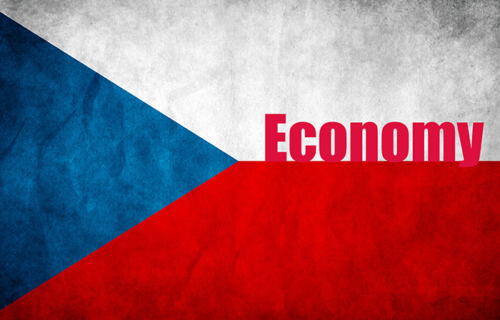The Czech economy recorded a 1% increase in 2024, with household consumption emerging as the primary driver of growth. In the fourth quarter alone, gross domestic product (GDP) expanded by 1.8% year-on-year and 0.7% quarter-on-quarter, according to updated data from the Czech Statistical Office (ČSÚ). The growth figures were slightly more favorable than initial estimates released in January.
While domestic consumption provided a boost to the economy, weak foreign demand remained a limiting factor. Analysts and the Czech National Bank (CNB) agreed that economic activity was weighed down by challenges in export markets, particularly in Germany. However, analysts expect GDP growth to accelerate to around 2% in 2025 as domestic spending continues to recover.
Household final consumption expenditure rose by 2% for the full year, while general government spending increased by 3.8%. In contrast, gross fixed capital formation declined by 1.3%. The balance of foreign trade showed a notable improvement, rising by CZK 141.2 billion year-on-year to reach CZK 525.6 billion.
Economists attribute the recovery in household spending to improving real incomes, supported by solid wage growth and a stable labor market. According to Vít Hradil, chief economist at Cyrrus, consumer confidence is beginning to return after years of economic uncertainty triggered by the COVID-19 pandemic and inflationary pressures. However, he noted that caution persists among consumers, who continue to prioritize savings despite increased spending.
The CNB’s expectations for economic performance in the fourth quarter were surpassed, particularly in household consumption, which increased by 3.2% year-on-year—well above the central bank’s forecast of 1.9%. Jakub Matějů, Deputy Director of the CNB’s Monetary Section, stated that the positive trend reflects rising real incomes in a low-inflation environment. He added that household consumption remains below pre-pandemic levels by approximately 3%, suggesting further room for recovery.
Despite strong domestic demand, sluggish export performance and weak investment activity held back growth. Net exports declined by 1.2% year-on-year in the fourth quarter, in line with CNB forecasts. Investment activity also fell, with gross fixed capital formation down 2.4%, exceeding the central bank’s anticipated 0.2% decline.
Pavel Sobíšek, chief economist at UniCredit Bank, described the fourth quarter’s year-on-year growth as the strongest in nine quarters, suggesting that momentum from the second half of 2024 could help GDP surpass 2% growth in 2025. However, some analysts remain cautious. Petr Dufek, chief economist at Creditas Bank, pointed out that while GDP growth accelerated, it was not accompanied by an increase in overall value creation. “The added value generated during this period remained stagnant, which limits the broader economic impact of the growth,” Dufek noted.
Looking ahead, analysts expect household consumption to continue driving economic growth in 2025, but external risks remain a concern. Global trade tensions, particularly the potential for a trade war between the United States and the European Union, could significantly impact export-dependent sectors of the Czech economy. While domestic factors point toward continued recovery, uncertainty in foreign markets may shape the pace of growth in the coming year.
Source: ČSÚ, CNB, Cyrrus, UniCredit Bank, Creditas Bank and CTK
